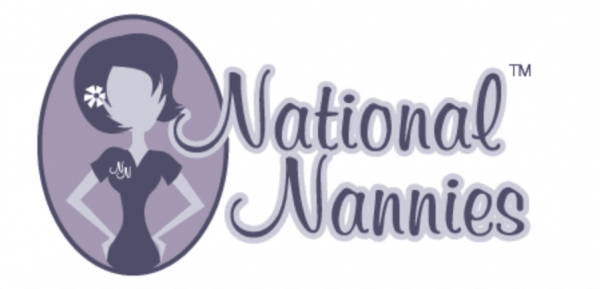

Paying on the books means that you, as an employer, document your nanny's wages, pay in federal and state withholding (if your nanny requests it), social security, Medicare and other amounts via regular estimated payments/withholdings.

What does it mean to pay a nanny "on the books"? New York State Department of Taxation and Finance's Publication NYS-50, "Employer’s Guide to Unemployment Insurance, Wage Reporting, and Withholding Tax" Senator Liz Krueger's Guide to Employing a Nanny and Other Full- Time Domestic Workers IRS Publication 926: Household Employer's Tax Guide New York State Department of Taxation and Finance's Publication #27: "What You Need to Know if You Hire Household Help"ĭepartment of Labor's "Labor Rights and Protections for Domestic Workers in New York" Household Workers Law: Bill of rights sets forth wage and hour obligations of employers (Oct 2011)ĭoing the Right Thing by Paying the Nanny Tax (NY Times, Jan 2009) In return, she is more than flexible with time off and we basically help each other out with scheduling."
#Nannypay comparison professional
Past data shows that employers say they pay their nanny off the books at the nanny's request, but please remember that you, as the employer, must take the responsibility for penalties, unemployment, back taxes and fines.Īs one parent says: "The fact that we pay our nanny on the books puts our relationship on a very professional and respectful level.
#Nannypay comparison license
You don't risk losing your professional license if caught. You don't need to worry about penalties or feel threatened by a former nanny about "turning you in."

You can sleep better at night knowing that you are doing the "right thing." You can get childcare tax credits (which help offset the extra costs). If your company has a childcare flex account you can pay using pre-tax income to offset costs. Your nanny will accrue Social Security, Disability and Medicare benefits. Nanny can apply for unemployment and receive it even if paid off the books.) Your nanny will have unemployment if you need to dismiss them. Your nanny may qualify for earned income credits.

This record can help them buy an apartment/house that they Your nanny has a written record of a work history tied to their SSN (orĮmployment number). You help your nanny accumulate retirement benefits. We partnered with HomeWork Solutions to develop a step by step guide here: The NY Nanny Payroll Quick Start Guide. However, many people who pay on the books stay organized by using spreadsheets at home and setting up calendar/email reminders for when to file the appropriate paperwork.
#Nannypay comparison psp
We have a list of PSP member reviewed nanny payroll services here. We advise that you hire a service to help you with tax prep as it can be complicated. We've heard stories over the years of people who have been caught in nasty post-employment snarls paying back taxes, unemployment and overtime for nannies. Overall it's about 15% more to pay your nanny on the books. You must also pay disability and perhaps workman's compensation. If you paid your nanny more than $500.00 in a quarter you must register as a New York employer and pay unemployment tax (both federal and NY State). You may be able to use a pre-tax flexible spending account and child and dependent tax credit which can help offset the extra cost of paying on the books. If you pay a nanny more than $2,4 you are required to pay Social Security and Medicare. Park Slope Parents takes paying on the books very seriously it's the law.


 0 kommentar(er)
0 kommentar(er)
